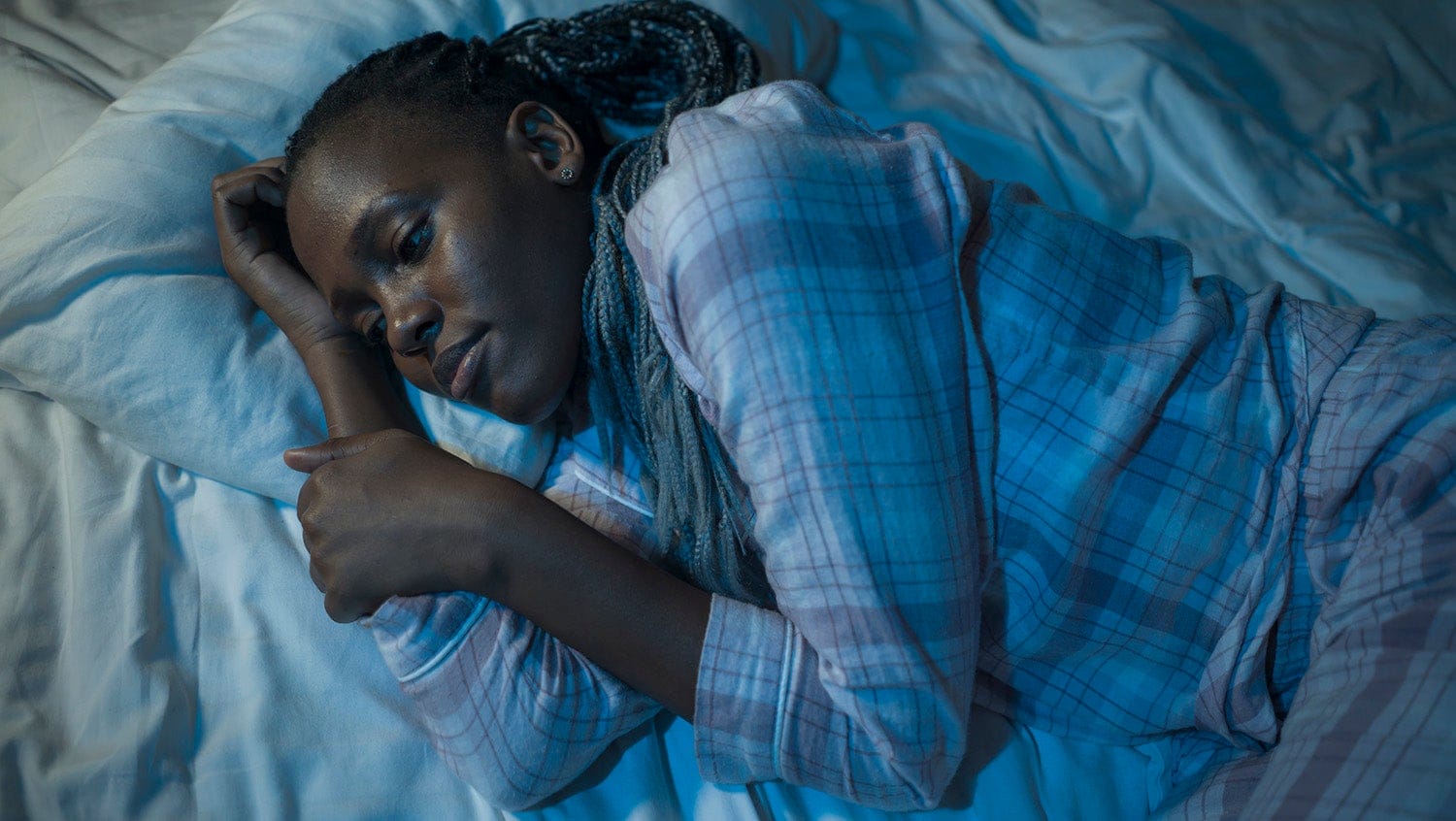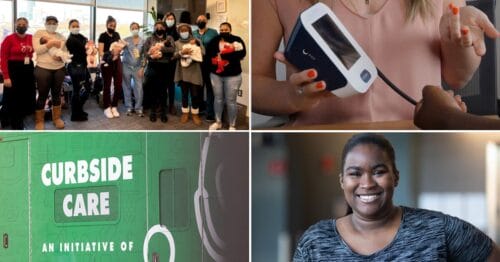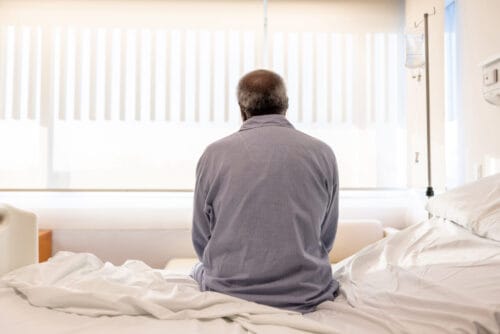Black Girls Who Experience Abuse Are at Risk for Sleep Disorders as Women
August 5, 2021

Getty Images
A new study shows that as the severity of childhood abuse increases among Black girls, so do sleep disorders as adult women—which affect physical and mental health.
THE BOTTOM LINE | Black girls who experience abuse in childhood or as a teenager are at increased risk to having poor sleep health and disrupted sleep as women in adulthood. Sleep disorders have an impact on quality of life and are associated with chronic illness, including mental illness.
CONTEXT | Sleep disorders have a major impact on quality of life and both physical and mental health. They are associated with chronic illness, obesity, and metabolic disorders—in addition to daily-life obstacles, including productivity, safety, and healthcare utilization. It has previously been shown that Black women tend to experience shorter sleep compared to white women, and that childhood trauma is a persistent social determinant of health, including sleep health. However, this study represents the first such findings about severity of childhood/teenage trauma and severity of sleep disorders in adulthood among a large cohort of U.S. Black women.
STUDY OBJECTIVE | To research if and how abuse in early life is associated with sleep health among Black adult women in the U.S.
THE DETAILS | Researchers looked at data from the Black Women’s Health Study, a prospective cohort study of Black women in the U.S. For the study, participants reported on elements of their sleep quality during three periods: 2001, 2005, and 2009. In 2005, 29,998 women completed a questionnaire about their experiences regarding childhood and teenage abuse, as well as their exposure to danger at any age. In 2001, these participants reported on their sleep quality, which included whether they snore or have been diagnosed with sleep apnea. In 2005, the same year they fulfilled the questionnaire on abuse, they also answered questions on whether their “sleep was restless.” Finally, in 2009, they reported their average sleep duration.
Researchers then derived risk ratios for the participants, using log-binomial regression models, to determine whether there was an association with childhood or teenage abuse with snoring, sleep apnea diagnosis, restless sleep, or short sleep duration.
FINDINGS | Black women who experienced childhood abuse had an increased risk of adulthood sleep disruptions. Moreover, the higher the severity of physical abuse and sexual abuse in early years was associated with an increased risk of sleep disruption for Black women adults. The risk ratio of childhood/teenage physical and sexual abuse compared to no reported abuse was the highest when looking at diagnosed sleep apnea.
Approximately half (49.8%) of all participants reported sleep disruption in adulthood, by one or more measure. About 35% of the women reported one measure—with restless sleep the most prevalent at 27%.
Researchers took into account BMI of participants and found that associations between early life abuse and adulthood sleep disorders could not be explained by obesity.
PULL QUOTE | “These findings have implications for public health efforts to prevent sleep disorders, clinical interventions to reduce disparities in sleep disruption, and social policies that prevent and mitigate childhood abuse and exposure to danger.”
Source: Boynton-Jarrett R, Sponholtz TR, Rosenberg L, Palmer JR, Bethea TN, Wise LA. (2021.) “Abuse in Childhood and Risk for Sleep Disruption in Adulthood in the Black Women’s Health Study.” Sleep Medicine.



